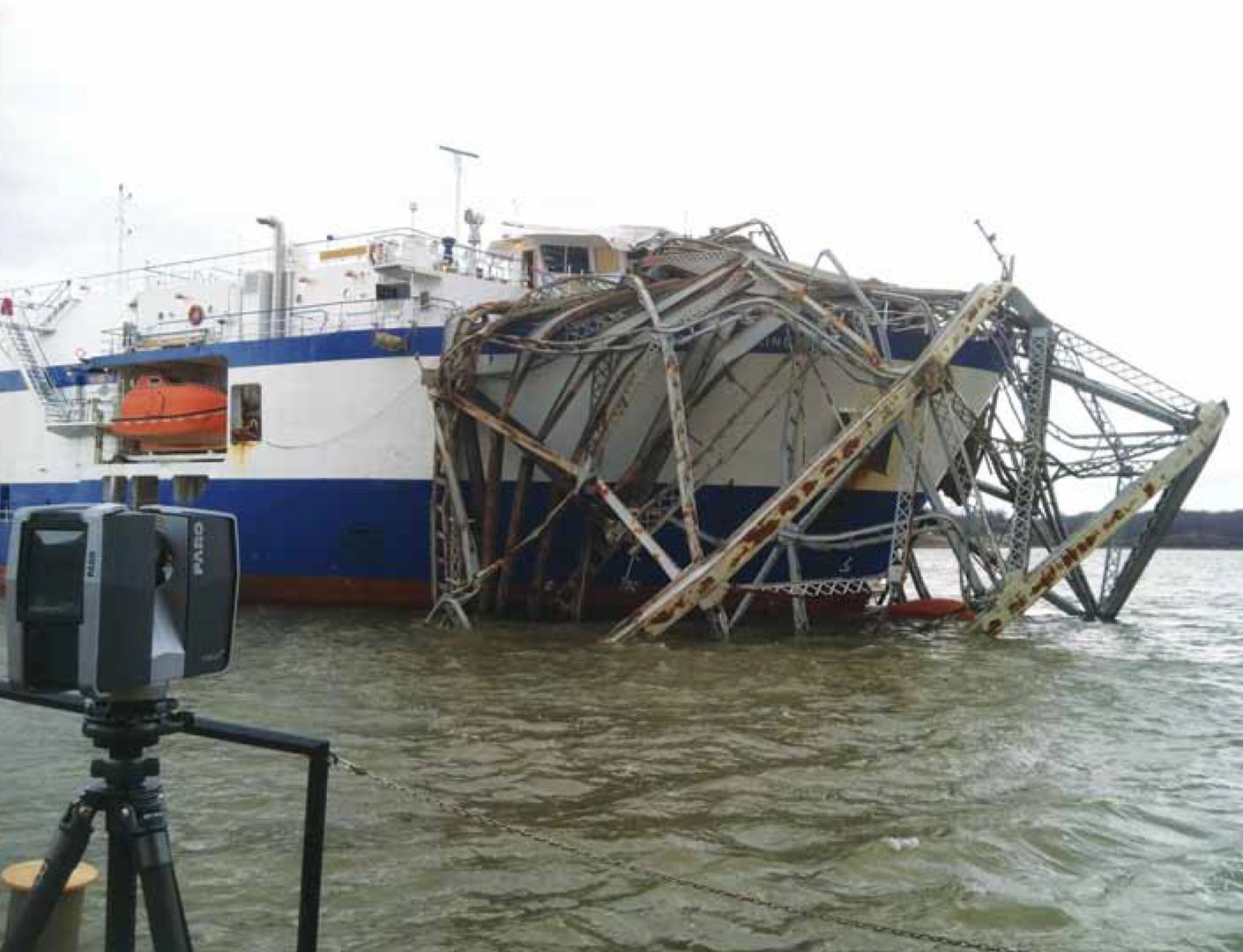When the owner’s interests are at odds with a shipboard employee, it may become necessary for the employee to obtain separate counsel. Photo: NTSB
The answer is yes…and no.
In the unfortunate event of a marine casualty, it’s typical for the vessel owner’s liability insurance carrier to promptly appoint maritime counsel. This not only protects the interests of the vessel, but safeguards her owner and any insureds under the policy as well. In this capacity, the appointed counsel helps to defend the vessel’s owner against any potential claims for loss, injury and third-party property damage. The counsel may also work to defend the vessel’s captain…but not always.
“Often times, the vessel owner’s attorney will act on behalf of the vessel captain in an investigation; however, there can come a point when the owner’s defense against liability is in conflict with that of an officer,” says maritime attorney James E. Mercante and his associate Kristin E. Poling. In their journal article, “Soup to Nuts: Navigating NTSB Marine Casualty Investigations,” the attorneys further explain that, “This typically arises where a vessel owner seeks to limit its liability under the Federal Limitation of Liability Act by attempting to establish that they had no ‘privity’ or ‘knowledge’ as to the cause of the accident.”
So How Can I Protect My USCG License?
Mercante and Poling warn that, “When the owner’s interests are at odds with a shipboard employee, it may become necessary for the employee to obtain separate counsel. Specifically, when the investigation or circumstances suggest that there is a chance for criminal or other civil liability or penalties directly against an officer (i.e., a Coast Guard license Suspension or Revocation (SAR) action), the vessel owner’s insurer may not have an obligation to protect or indemnify that officer.” The attorneys also caution that, “This will generate an insurance coverage issue to be evaluated under the terms of the Protection and Indemnity policy.”
One proactive measure, according to Mercante and Poling, would be for the officer to obtain a marine license insurance policy from a license insurer such as the Merchant Officers Protection Syndicate (MOPS). A MOPS policy covers a licensed officer’s (i.e., engineer, captain, mate, pilot) legal defense costs in a Coast Guard casualty investigation, including SAR proceedings or in a National Transportation Safety Board probe. Other coverage options under a MOPS policy may include, but are not limited to, civil legal defense, which covers legal defense costs in related civil proceedings arising out of a maritime casualty, or loss of income due to the license revocation or suspension.
In light of numerous maritime casualties and the astronomical cost of maritime legal representation, professional mariners would be wise to review whether their current situation will protect their USCG license – and their professional reputation ? in the event they are involved in a marine casualty.

 Join The Club
Join The Club











